Artificial Intelligence: New Horizons in Medicine
Medical researchers and experts have been adopting data analytics and artificial intelligence into their work, sharpening delivery of healthcare and medical discoveries forward with these technologies. As researchers especially look now to innovate a vaccine for COVID-19 at record pace, incorporating AI and advanced data-driven technologies into research and development is essential. Hear from medical and AI experts across federal agencies to explore the various ways natural language processing, machine learning, robotic process automation and data analytics play a role in revolutionizing the landscape of health and the public.

Speakers / Panelists
-
 Michael Hoffman President, GovCIO Media & Research
Michael Hoffman President, GovCIO Media & Research
Federal health agencies have made progress in data collection as they have looked to consolidate data centers and modernize electronic health records. With all of this data, agencies are now looking to conduct advanced data analytics and acquire the necessary technologies for it. Top officials discuss how analyzing troves of data improves mission delivery and insights.
Speakers / Panelists
-
 Gil Alterovitz Director, National Artificial Intelligence Institute, VA
Gil Alterovitz Director, National Artificial Intelligence Institute, VA -
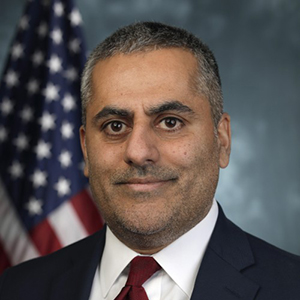 Anil Chaudhry Director, AI Implementations, IT Modernization Centers of Excellence, GSA
Anil Chaudhry Director, AI Implementations, IT Modernization Centers of Excellence, GSA -
 Craig Wingate Senior Director of Analytics, Acxiom
Craig Wingate Senior Director of Analytics, Acxiom -
 Jason Chong Director of Data Strategy & Analytics, GovCIO
Jason Chong Director of Data Strategy & Analytics, GovCIO
Data is critical to moving forward with medical research. As health researchers look to advance discoveries with diseases like COVID-19, how are they using AI-driven technologies and strategies to accelerate the pace of research?
Speakers / Panelists
-
 Patti Brennan Director, National Library of Medicine, NIH
Patti Brennan Director, National Library of Medicine, NIH -
 Dr. Mona Flores Global Head of Medical AI, NVIDIA
Dr. Mona Flores Global Head of Medical AI, NVIDIA -
 Dr. Mona Flores Global Head of Medical AI, NVIDIA
Dr. Mona Flores Global Head of Medical AI, NVIDIA -
 Director, NIBIB National Technology Centers Program, NIH
Director, NIBIB National Technology Centers Program, NIH -
 Alastair Thomson CIO, National Heart, Lung, and Blood Institute, NIH
Alastair Thomson CIO, National Heart, Lung, and Blood Institute, NIH -
 Moderator Erin Mirsky Senior Vice President, GovCIO
Moderator Erin Mirsky Senior Vice President, GovCIO
Public health officials depend on quality data to track and make discoveries about various pathological threats, from the seasonal flu to COVID-19. This panel will discuss how AI is helping federal health leaders ingest and analyze data and use findings from data to prevent and mitigate public health threats.
Speakers / Panelists
-
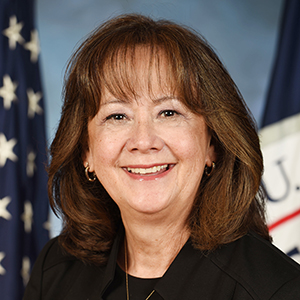 Karen Evans CIO DHS
Karen Evans CIO DHS -
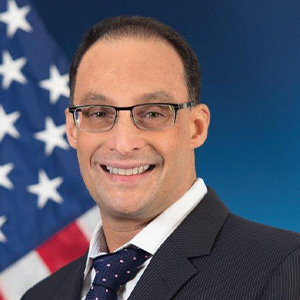 Rohit Chitale Program Manager, Biological Technologies Office, DARPA, DOD
Rohit Chitale Program Manager, Biological Technologies Office, DARPA, DOD -
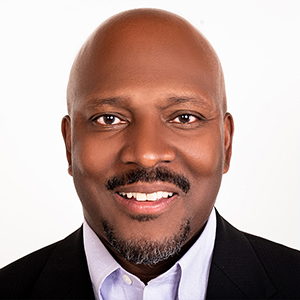 Moderator Alex Brown Senior Vice President, GovCIO
Moderator Alex Brown Senior Vice President, GovCIO
As defense health systems become more interoperable, especially now working toward a common electronic health record with the Department of Veterans Affairs, military health officials are able to collect and analyze a slew of data. This session will discuss how defense health data leadership is ingesting, optimizing and making sense of data to make discoveries and improve health care delivery.
Speakers / Panelists
-
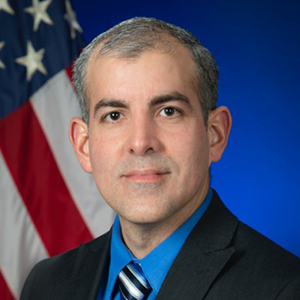 Jesus Caban Chief, Clinical & Research Informatics, Walter Reed, DHA
Jesus Caban Chief, Clinical & Research Informatics, Walter Reed, DHA -
 Ben Cushing Field CTO, Federal Health, Red Hat
Ben Cushing Field CTO, Federal Health, Red Hat -
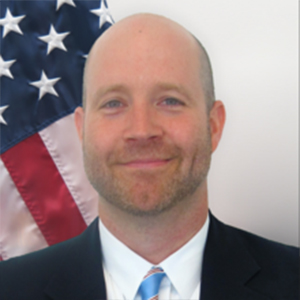 Chris Nichols Program Manager, Enterprises Intelligence and Data Solutions (EIDS) Program, Program Executive Office, Defense Healthcare Management Systems
Chris Nichols Program Manager, Enterprises Intelligence and Data Solutions (EIDS) Program, Program Executive Office, Defense Healthcare Management Systems -
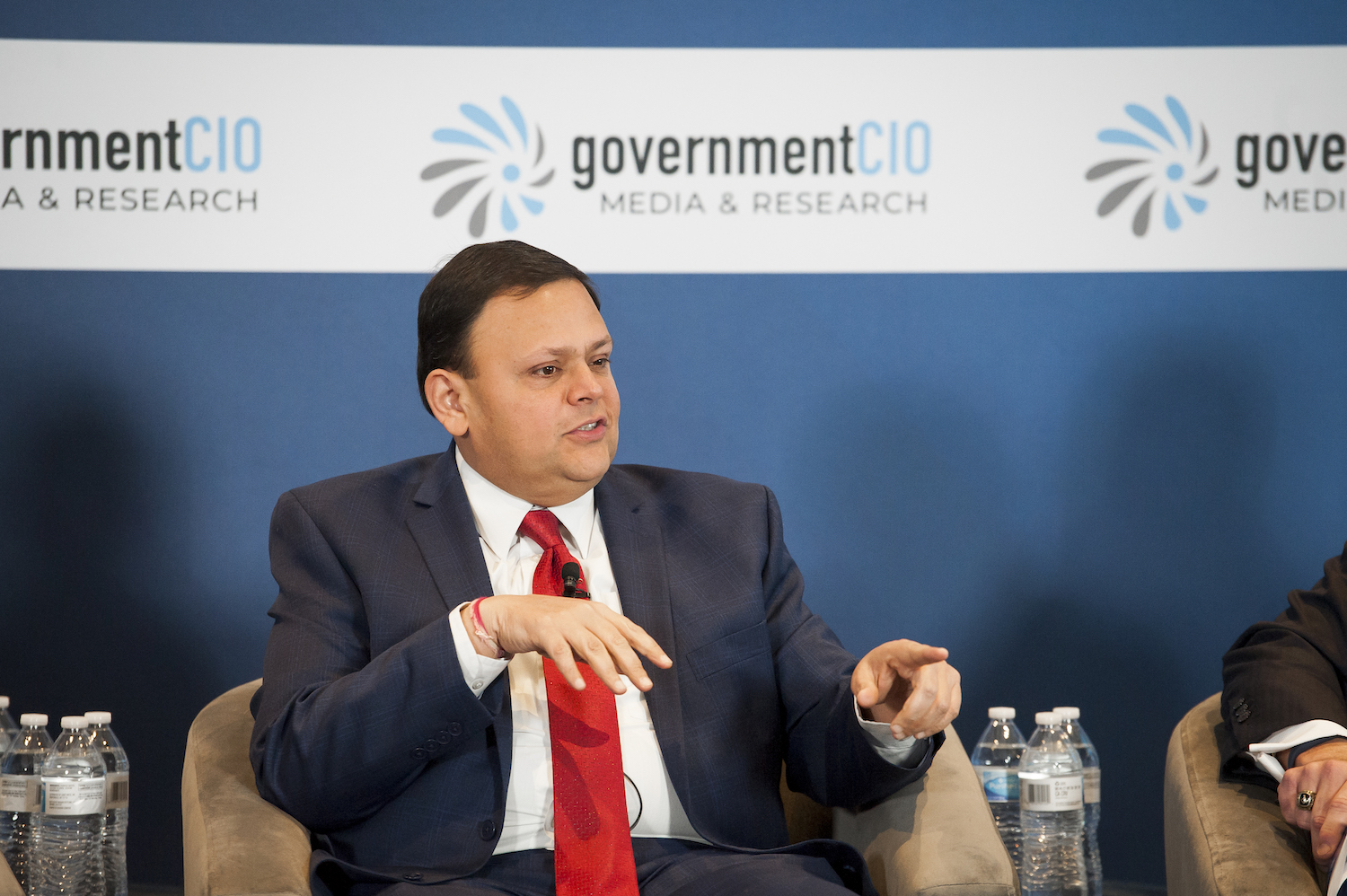 Moderator Jason Windsor Chief Health Information Officer, GovCIO
Moderator Jason Windsor Chief Health Information Officer, GovCIO
Artificial intelligence isn’t achievable without quality data behind it. As agencies move toward using data as a strategic asset and form a new Federal Chief Data Officer Council, we’ll sit down with agencies’ Chief Data Officers to learn about best practices for collecting and preparing data to achieve successful AI capabilities.
Speakers / Panelists
-
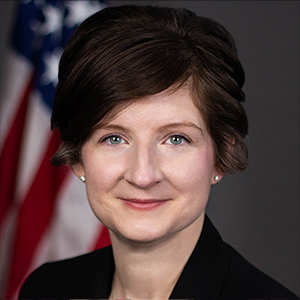 Caryl Brzymialkiewicz Chief Data Officer, OIG, HHS
Caryl Brzymialkiewicz Chief Data Officer, OIG, HHS -
 Ray Deiotte Chief Data Officer, Global Healthcare and Life Sciences, NetApp
Ray Deiotte Chief Data Officer, Global Healthcare and Life Sciences, NetApp -
Moderator John Romps Technical Director, GovCIO
Speakers / Panelists
-
 Michael Hoffman President, GovCIO Media & Research
Michael Hoffman President, GovCIO Media & Research
-
 Gil Alterovitz Director, National Artificial Intelligence Institute,, VA
Gil Alterovitz Director, National Artificial Intelligence Institute,, VA -
 Patti Brennan Director, National Library of Medicine,, NIH
Patti Brennan Director, National Library of Medicine,, NIH -
 Caryl Brzymialkiewicz Chief Data Officer, OIG,, HHS
Caryl Brzymialkiewicz Chief Data Officer, OIG,, HHS -
 Jesus Caban Chief of Clinical and Informatics Research, Walter Reed, , DHA
Jesus Caban Chief of Clinical and Informatics Research, Walter Reed, , DHA -
 Anil Chaudhry Director, AI Implementations, IT Modernization Centers of Excellence, , GSA
Anil Chaudhry Director, AI Implementations, IT Modernization Centers of Excellence, , GSA -
 Rohit Chitale Program Manager, Biological Technologies Office, DARPA, , DOD
Rohit Chitale Program Manager, Biological Technologies Office, DARPA, , DOD -
 Ben Cushing Field CTO, Federal Health,, Red Hat
Ben Cushing Field CTO, Federal Health,, Red Hat -
 Ray Deiotte Chief Data Officer, Global Healthcare and Life Sciences, , NetApp
Ray Deiotte Chief Data Officer, Global Healthcare and Life Sciences, , NetApp -
 Karen Evans Chief Information Officer, , DHS
Karen Evans Chief Information Officer, , DHS -
 Dr. Mona Flores Global Head of Medical AI,, NVIDIA
Dr. Mona Flores Global Head of Medical AI,, NVIDIA -
 Chris Nichols Program Manager, Enterprise Intelligence and Data Solutions (EIDS) Program, Program Executive Office,, Defense Healthcare Management Systems
Chris Nichols Program Manager, Enterprise Intelligence and Data Solutions (EIDS) Program, Program Executive Office,, Defense Healthcare Management Systems -
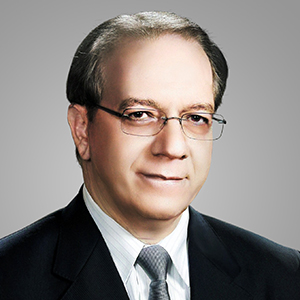 Behrouz Shabestari Director, NIBIB National Technology Centers Program, , NIH
Behrouz Shabestari Director, NIBIB National Technology Centers Program, , NIH -
 Alastair Thomson Chief Information Officer, National Heart, Lung, and Blood Institute,, NIH
Alastair Thomson Chief Information Officer, National Heart, Lung, and Blood Institute,, NIH -
 Craig Wingate Senior Director of Analytics, , Acxiom
Craig Wingate Senior Director of Analytics, , Acxiom


